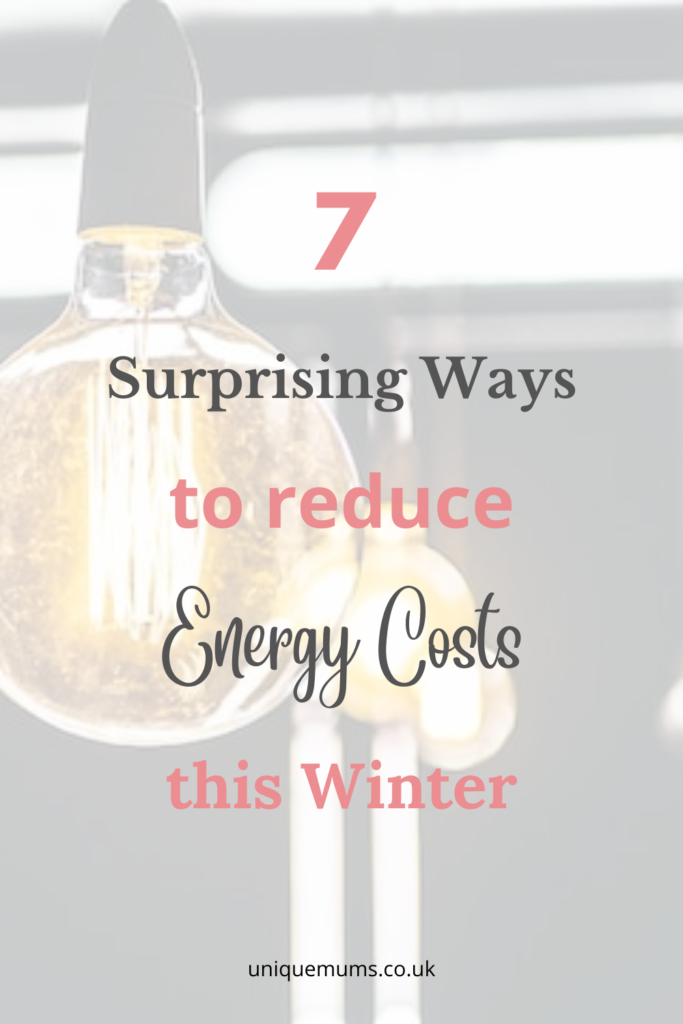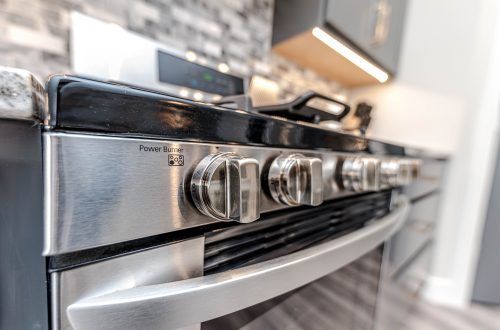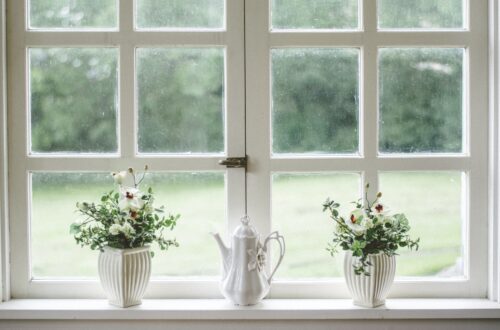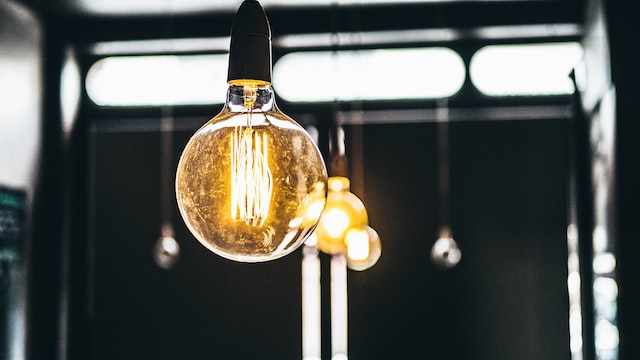
7 Surprising Ways To Reduce Energy Costs
With winter upon us and energy costs over the roof, as mamas, we need fast and effective ways to reduce costs.
In today’s post, I’ll share with you what I’m implementing at the moment, and this is coming from a mum of three (kids ages 5, 6 and 8) living in Europe in a country that is veryyyy wet in the winter (read: hard to do laundry).
So here goes the 5 ways I’ve found to reduce energy costs:
1. Air-dry clothes or use a dehumidifier
If you want to cut back on energy costs, don’t use a tumble dryer. Air-dry your clothes as much as possible, and if the weather is really cold and wet, use a dehumidifier.
Also, put clothes near the oven in the kitchen or near any other sources of heat. Also remember to hang clothes high up and in places where they can get a lot of air circulating, like hangers.
When the weather is dry, hang clothes outside and make the most of the sun.
2. Use fewer appliances
The fewer appliances you use in the house, the less electricity you’ll use up. Try implementing “low electricity” days where you read a book instead of watching TV, or do a puzzle instead of using your laptop.
Also, remember to turn lights off in rooms that you’re not using, and unplug appliances that are unnecessary at the time (don’t leave your laptop connected all night!).
Finally, try to use the iron and washing-machine less. Only use the washing-machine when you have a full load and use the ECO program. Instead of ironing all your clothes, consider spraying with apple cider vinegar (the smell evaporates), shaking clothes before hanging, and drying on hangers.
3. Use candles instead of lamps in the evenings
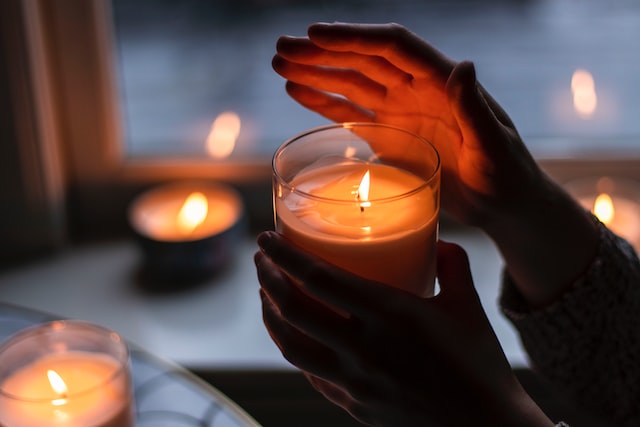
Kids gone to bed? Watching a movie? Instead of using electric lamps, light up some beautiful candles.
The added benefit of candles is that they also dry out the air (this is helpful when the weather is damp) and even add some warmth.
4. Work outside the house
We live in a time when remote work is common, but working from home means extra electricity costs. I’m not suggesting you spend hours commuting to the office. But what you could do is work at a local coffee shop, or, better yet, at a local library, where you don’t even have to buy anything.
Often these places are heated, which means you won’t need to spend money at home with heating. Also, they often have electricity sockets, so you can charge your laptop there, instead of at home.
5. Warm-up naturally
Warm your house up with curtains, blankets, and rugs. Make sure windows are closed properly (although I recommend airing out your house once a day) and there’s no draught coming in. And wear warm clothes in the house (jumpers, tights, slippers).
Where I live, central heating is a very recent phenomenon. In the past, people used to just get on with life in a cold house by wearing the same kind of clothes they would wear outside, and some would even go as far as to wear gloves and coats inside the house!
Of course, you might not want to go that far, but also make sure you’re realistic about the indoor temperature of your house. If you want tropical temperatures, you’ll have to pay a hefty bill at the end of the month.
Instead, consider wearing warm clothes in the house and keeping the temperature to around 20º C (studies show this is an optimal indoor temperature).
If your house is damp, invest in getting a dehumidifier to dry out the air. And yes, dehumidifiers use less electricity than air conditioners, water heaters, washing-machines and even hair dryers.
6. Use fewer hair appliances

Need to style your hair? Try towel and air-drying first, and then just doing a quick blow dry at the end, or better yet, don’t use any hair appliances and go au naturel.
One way you can achieve this without having to leave the house with wet hair in the morning is switching your hair routine to the evening. So, for instance, you could wash and towel dry your hair after dinner, leave it to air-dry and then before bed either give a super quick blow dry, or plait it.
7. Cook smarter
Instead of using the oven to roast just one dish, make several dishes at once to make the most of the heat. Also, choose faster cooking methods – quick pan-frying instead of roasting, or air-frying instead of boiling.
Another thing you can do is make dishes using the slow cooking method. Although this means cooking for 8 hours, slow cookers are a lot more energy efficient.
That’s it! If this post helped you, pin it!
